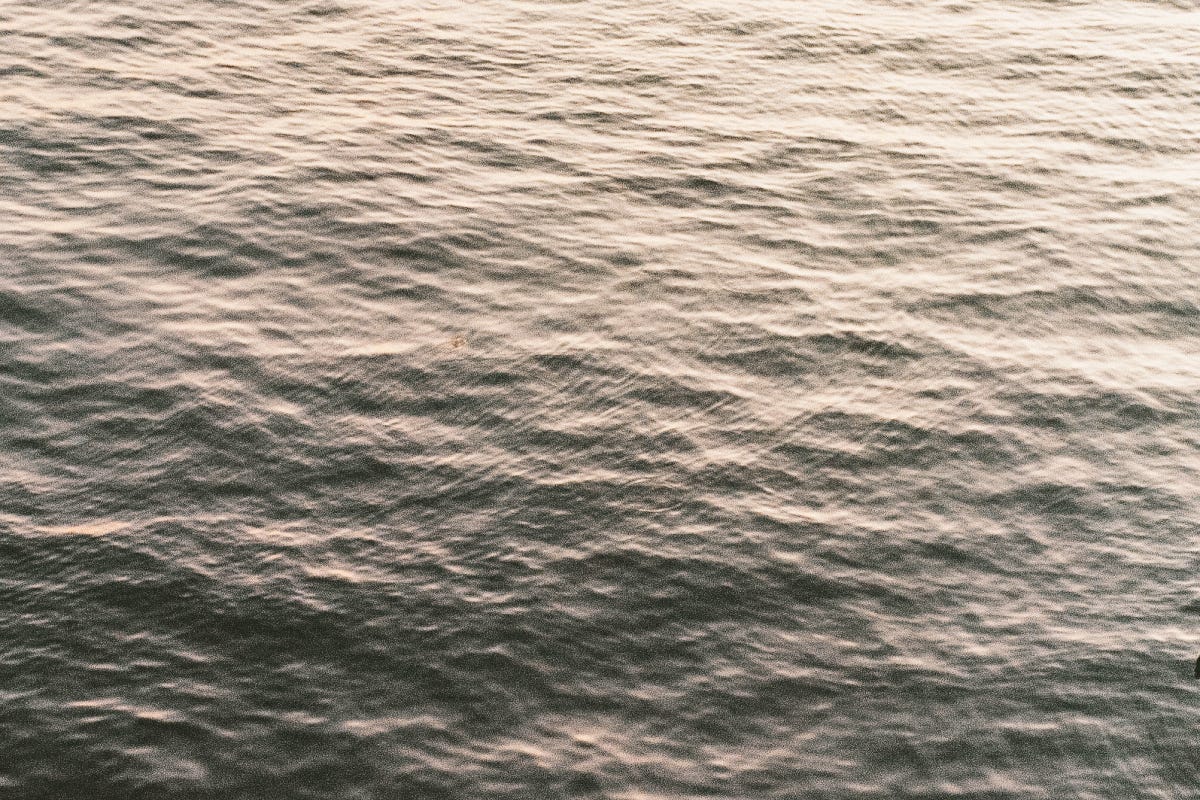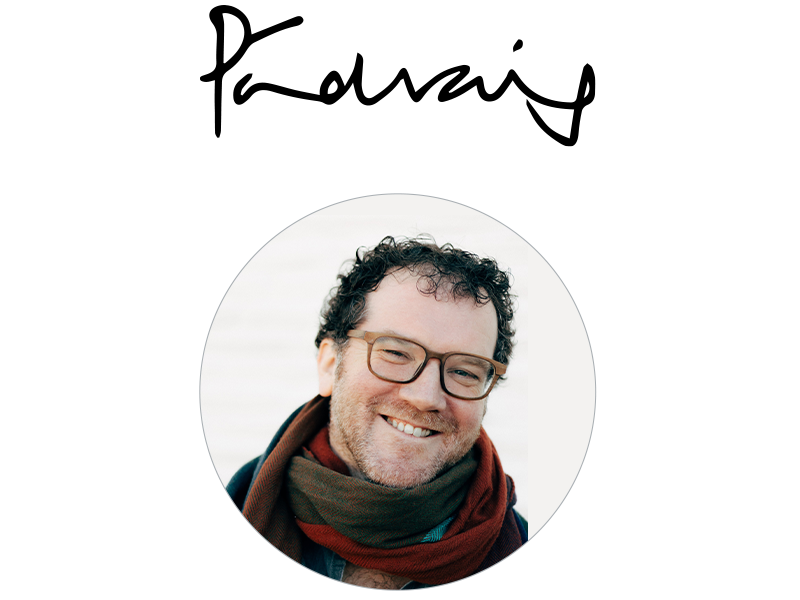Dear friends,
It’s rare that I stop reading a book once I’ve started. The two that I can think of in the last few years each had a painstaking (and, in my opinionated opinion: painful) relationship with time. The narratorial voice in each seemed unable to show time traveling quickly, instead opting to plod through days. One of them had six hundred more pages left before I — with relief, but guilt — closed it. The other tried to articulate everything, and provide the reason behind every movement. It seemed like the narrator couldn’t bear to leave anything unsaid, which is another way of saying the book didn’t have a relationship with emptiness.
Maybe it was part of the conceit of those books that the narrators had no restraint. I don’t know, I didn’t finish either. (Forgive me for my sins, for they are many.)
The brilliant Hilary Mantel gave the Reith Lectures (annual lectures honouring the anniversary of the BBC) in 2017, the third of which explored the life and troubles of Stanislawa Przybyszewsk, a brilliant Polish writer who couldn’t bear to leave anything out. It was her genius and downfall; what made her a writer, and what made her writing unreadable, Hilary Mantel said. (The lectures — about four hours’ worth in total — are genius and worth listening to in their entirety.)
Poetry is always in deep relationship with what it doesn’t say, with what it implies, with what it evokes.
My thoughts on this were sparked this week when a friend posted a social media update about everything she doesn’t know about what’s happening in Israel and Palestine. She is not uninvolved. She is not without opinion, or critique. She is not seeking neutrality. And in the face of that, she looked for what she could not see.
Not all writing should focus on what’s unknown. I want journalism that asks incisive questions, and goes precisely where it might be difficult to go. I want criticism that’s critical (I’ll write in a few weeks about Christian Wiman’s latest book of brilliant and critical essays).
That being said, though, there is something necessary in looking at what’s not known and — from there — asking what’s knowable, questionable, unknowable. Good writing looks at what it can’t see, and then asks the questions necessary to its art: for journalism, that’ll be in one direction; for poetry, it might be in another. Each has to hold the pain of not knowing: will my relationship to what is empty distance me from my subject, or bring me closer to it?
Here is what I do not know: in the long view of time, who is being helped? ᐧ is it apathy or aggression that has led to many being ignorant of pogroms and holocaust history? ᐧ how will we read the arguments about “ceasefire” and “humanitarian pause” in the future? ᐧ why do I get involved in some wars and not others? ᐧ I do not know the names of the dead ᐧ I do not know the names of all the captured ᐧ I do not know the names of the grieving ᐧ what good is my silence doing? ᐧ what good are my words doing?

I am not without opinion in the questions of Israel and Palestine. I am not without critique. I don’t believe in easy fence-dwelling, but my opinions are easy. I am not without ignorance. I do not believe that my words are particularly helpful. I was struck by the question my friend on social media posed to herself, and I wondered what that question would do in my language. The presence of absence is a powerful thing: it can be helpful to listen to it in the blank space of a poem, and let it influence my opinions about war. Emptiness is loud, and some forms of writing let the blank space be loud; other forms are tasked to ask difficult questions about what’s silent, or silenced.
My question this week:
Whether in the dramas of your own life, the questions about your country, or your thoughts about wider things in the world (they may all be the same, I know): what is it that you do not know? And what’s your response to this? Investigation? Surrender? Artistry? Apathy? Trust? Rage?
My life has been shaped by some silences: things I’ve not asked; things I have and not received answers; things that are unknowable; things I don’t want to know. Thank you for reading, and replying. I’ll look forward to your comments.
PS: This week’s On Being interview is with Clint Smith. What poetry. What listening!
Poetry in the World
U.S.A.
Book Are Magic | Brooklyn, NY
On the 20th of November, I’ll be in conversation with the brilliant Nick Flynn on his new collection of poems, Low. Tickets are $10, and will include either a book copy or gift card to the bookshop. We start at 7 pm ET, and will also be live streamed on YouTube for those who are unable to join in person. Details and registration here.
EUROPE
Journeying Into the Common Good | Patmos, Greece
Together with Krista, Allison Russell, JT Nero, and Joe Henry, I’ll be one of the speakers at a small salon on the revelatory Greek island of Patmos next summer from June 27 - July 7. More details here.
Subscribe to Poetry Unbound
Open your world with poetry
















When I received my PhD my advisor, told me, “now, when somebody ask you a question you can say ‘ I don’t know.’” I could feel comfortable in a place of absence, of emptiness, because sometimes that absence is what is needed. That silence, that pause, is an a diminishing, but a way to move forward.
For the second week in a row, the prompt has tapped into something, unknowingly, that was already going on in my life. This past week my department had a coffee and doughnut get together and we, in true philosopher fashion, pondered “holes”. So bear with me for a minute – what is a hole? Seriously. What is a hole? The place where there is nothing, but is surrounded by some thing. Or is the hole something; is the absence, the nothing, something?
With this prompt I think of a hole as a something, a place of quiet, of listening, of the breath before the exhale and after the inhale.
There are many kinds of silences, but I'm thinking about two of them now. One is the silence of humility, knowing the harm of speaking too rashly. In the case of ongoing violence between traumatized groups, this is indeed an ethical silence, a humanitarian pause, even. But what if violence can be stopped by a voice lifted? The second is self-silencing, when one decides that to "say nothing" will protect them from harm. This self-silencing, of course, happens in the face of real (or imagined) threat. I have too often sought refuge in that silence--which is, sometimes, also, a kind of privilege. That to speak is to render oneself vulnerable, to be seen as standing or siding. To, in the expression, "put one's head above the parapet," which is to say, to know that one will face the slings and arrows.